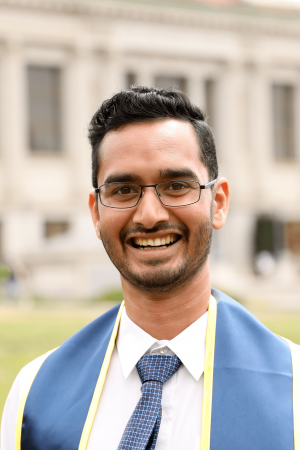
Abstract:
The healthcare system prioritizes reactive care for acute illnesses, often overlooking the ongoing needs of individuals with chronic conditions that require long-term management and personalized care. Addressing this gap through technology can empower patients to better manage their conditions, enhancing independence and quality of life. Multimodal sensing, incorporating inertial, acoustic, and vision-based sensors, within mobile form factors like wearables, has the ability to enable real-time, comprehensive monitoring of physiological and behavioral changes, while also serving as interfaces for individuals to manage and control aspects of their care. Building on this concept, this work introduces sensing technologies and algorithms aimed at improving the management of chronic conditions by empowering both patients and caregivers. Focusing initially on dermatological conditions, particularly chronic itch diseases such as eczema and psoriasis, we present acousto-mechanic wearable sensing hardware and machine learning models for continuous, quantitative monitoring of scratching behavior. This technology offers a quantitative method for tracking changes in the subjective symptom of itch, with the potential to aid treatment and management. Expanding beyond dermatological conditions, we contribute advancements in inertial and speech-based robotic interfaces, designed to assist individuals with severe motor impairments in controlling caregiving robots, thus improving autonomy in daily activities and reducing caregiver workload. Lastly, we propose future work that extends these efforts, including vision-based tactile sensing for skin monitoring and passive wearable sensing to facilitate robot-assisted feeding.
Thesis Committee Members:
Zackory Erickson (co-chair)
Carmel Majidi (co-chair)
Mayank Goel
Tapomayukh Bhattacharjee (Cornell University)
Sonal Choudhary (University of Pittsburgh Medical Center)
Arash Mostaghimi (Brigham & Women’s Hospital)
